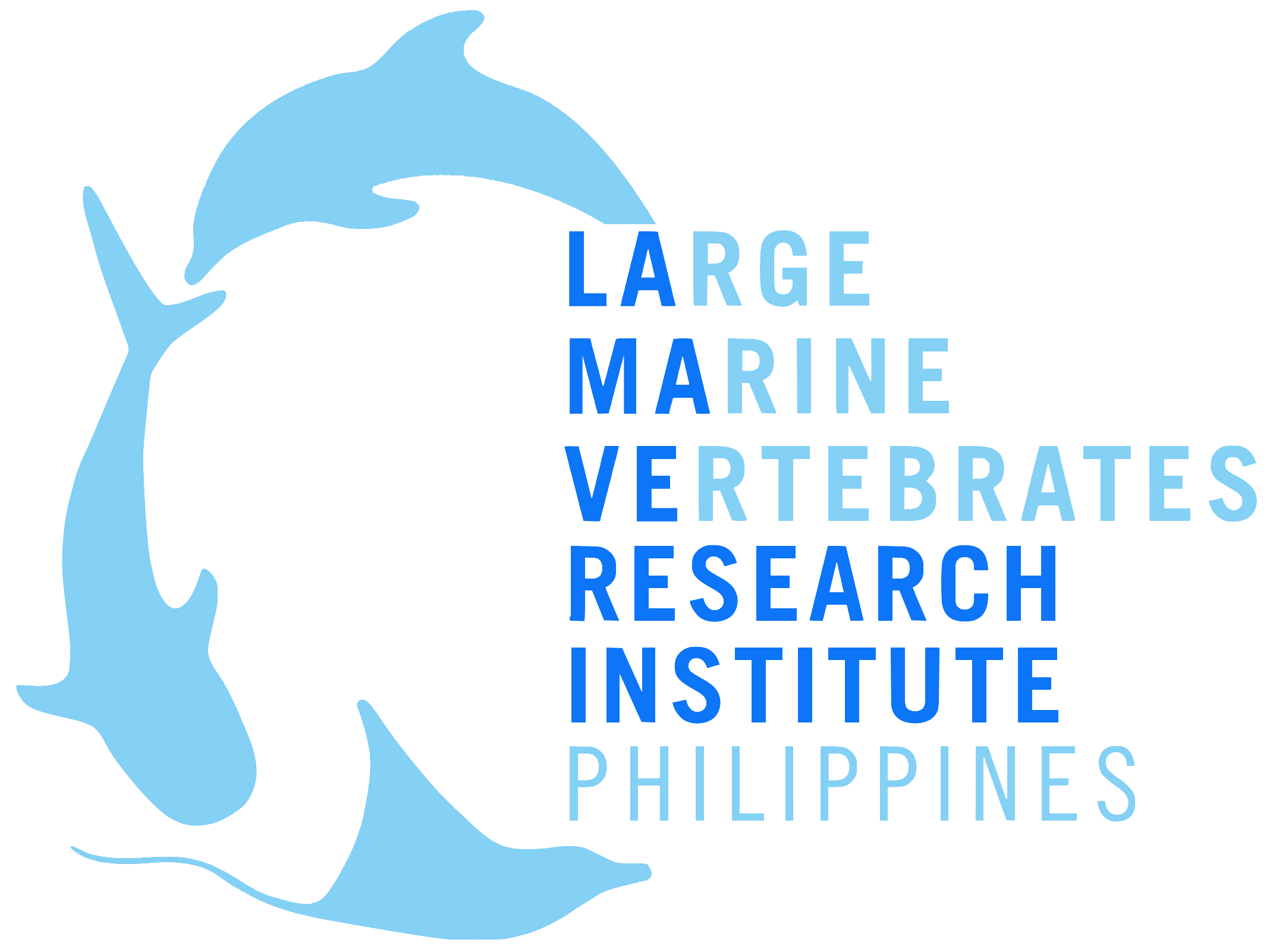Volunteer Experience
Volunteering overseas and making an impact in the conservation of marine wildlife is one of the most fulfilling experiences anyone can have.
Charlotte Joliffe shares her most memorable moments as a volunteer in the Philippines for the Whale Shark Research & Conservation Project and how her experience has geared her to thrive in her marine sciences career.
I first heard of LAMAVE at a presentation at Plymouth University, where some alumni shared their previous experience working with the NGO.
After doing my research, I realized how vital LAMAVE’s previous and ongoing works are to marine wildlife conservation — it made me want to get involved immediately.
Unfortunately, COVID happened, and 2 years passed before international travel restrictions were lifted in the Philippines in the summer of 2022 when I finally got the opportunity to go out and help.
I worked on the Whale Shark Research & Conservation Project in Palawan, which assessed the population of whale sharks that seasonally aggregate in the area where we identified individuals using the unique spot pattern on the whale sharks. We had to swim and keep up with the whale sharks to take their photos and make underwater observations.
“Going out on surveys was the best part of being a LAMAVE volunteer. Getting the chance to see whale sharks every week was an incredible experience.”
And the bay is full of wildlife — along with whale sharks, we were lucky to see turtles, manta rays, sea snakes, dolphins, and even whales! At first, chasing the whale sharks seemed impossible. They can swim so fast. But with practice, I kept up and started enjoying it.






In contrast to the exciting experience of finding the whale sharks out in the bay, identifying them based on the photos was the opposite. It involved long hours sitting in front of the computer, sifting through hundreds of photos, analyzing whether it was a newly sighted individual or a resight. While tedious, this part of the project is vital in assessing the population size of whale sharks.
In addition to working with whale sharks, I also had the chance to help out and attend other LAMAVE events. One of the most memorable was when I had the opportunity to participate in a turtle necropsy training hosted by LAMAVE to train local government organizations in the north of Palawan. It was a unique way to learn more about sea turtle anatomy and the different threats the different sea turtle species face. It gave me a great insight into the community work LAMAVE is doing and how they support local organizations by lending scientific expertise to build capacity within the community.








My time with LAMAVE has helped me grow as a marine scientist. It expanded my network in the marine conservation/science field. I built long-lasting relationships with other like-minded volunteers I lived and worked with. I was also lucky that during my placement, LAMAVE’s central office moved to the same city, and I got to meet and work with staff members from the wider LAMAVE team.
I am unsure what I will do in the next few years, but I know that my time with LAMAVE and the whale shark team instilled skills that will help me thrive in whatever I pursue.
Charlotte Joliffe graduated with a Marine Biology degree from Plymouth University. A native of Waymouth, her interest in marine wildlife brought her to different parts of the world working and volunteering for the conservation of sharks and turtles.


